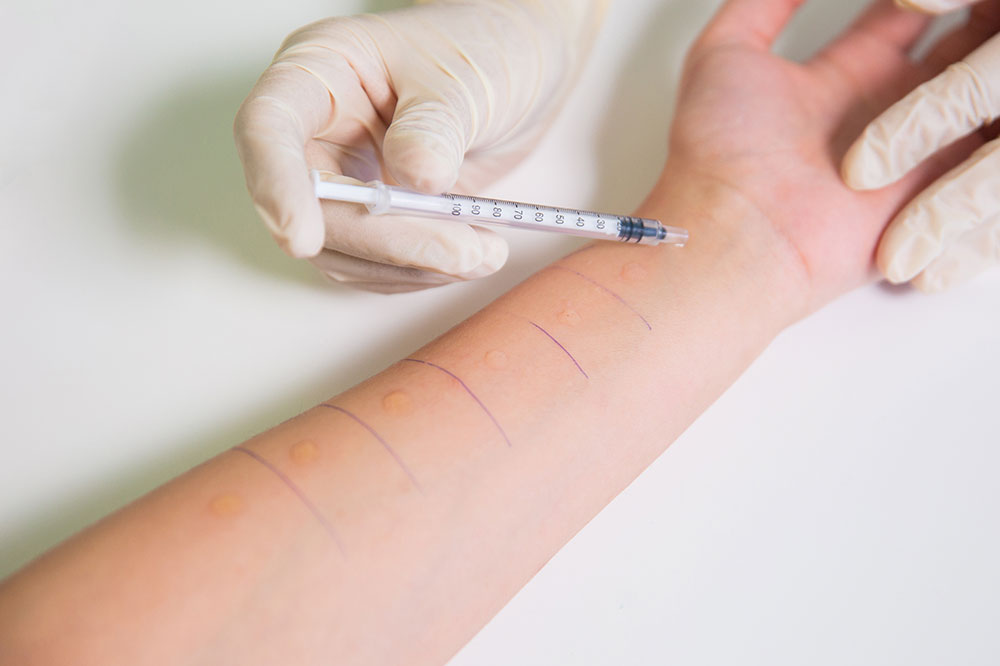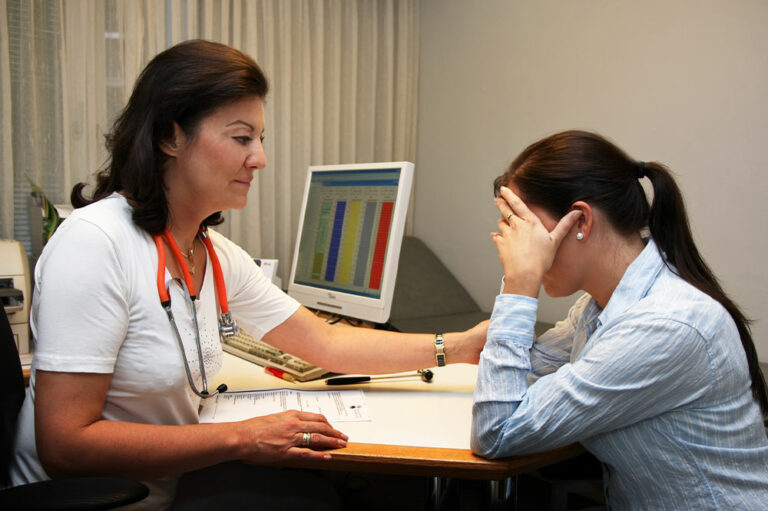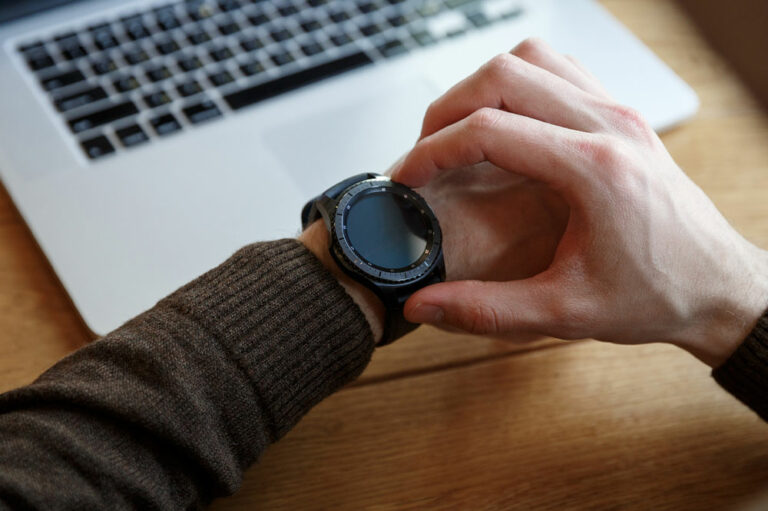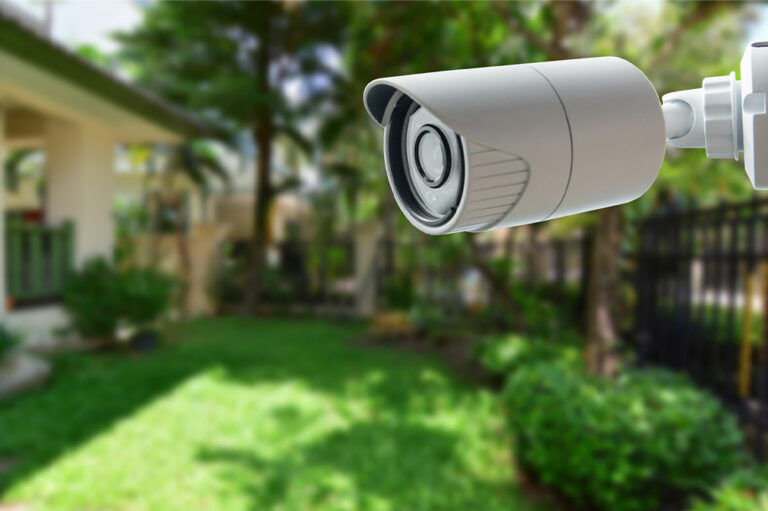Here’s how you can get your allergies detected

How many times have allergies caused you to sneeze every time you take a ride in the open air? Or rashes on coming in contact with a plant? Or swelling as a result of a peanut allergy? Sneezing, running noses, watery eyes, rashes, swelling all these reactions due to allergies can be quite distressing. Allergies are more common and can be caused by various things. The cause of allergies is still unknown, it could be genetic or just a singular development. However, they can be easily detected by just visiting your doctor and undergoing some tests. Read on to know more about what are allergies and how to detect them.
What are allergies?
The immune system is designed to fight any entrant in the body that it recognizes as foreign. However, at times, the immune system becomes over vigilant and starts fighting foreign entrants that are not harmful. Substances that cause the immune system to react this way are called “allergens”, and when you display symptoms of these interactions, you are diagnosed “allergic” to the substance.
Allergens can include plants, grass, pollen, dust, food, animal dander among others. While symptoms like running nose, sneezing, watery eyes, rashes, itching, and others, are all attributed to allergic reactions.
How to detect allergies?
- Consult your doctor
Allergies present themselves differently in different people and the severity of the reaction also differs. Hence, it is necessary that you consult with your doctor to figure out the root cause of your allergy. This will just take answering a few questions aside from your routine physical exam.
- Get tested
Allergies can be hereditary just like facial structure or height. But, that does not necessarily mean that you share the same allergies as your parents. Depending on your symptoms, you can undergo blood and skin tests to detect the type of allergy you have.
.
- Blood test
Your blood is tested for the presence of IgE. IgE or Immunoglobulin E is the antibody developed by the immune system to fight against an allergen. The presence of IgE in a blood sample confirms the occurrence of an allergic reaction.
- Skin test
In a skin test for allergy detection, an allergist pricks your skin with needles that have different allergens on them. These are allergens you may or may not be allergic to. If your skin reddens and starts itching at the site of the prick, then you are allergic to that substance.
Once detected, there are a number of medicines and treatments that can help you treat and manage your allergies. Most allergies are not life-threatening; it is, however, advisable to carry your allergy medicines at all times. Moreover, in case you are accidentally exposed to an allergen, wearing an allergy bracelet can be a big help.










